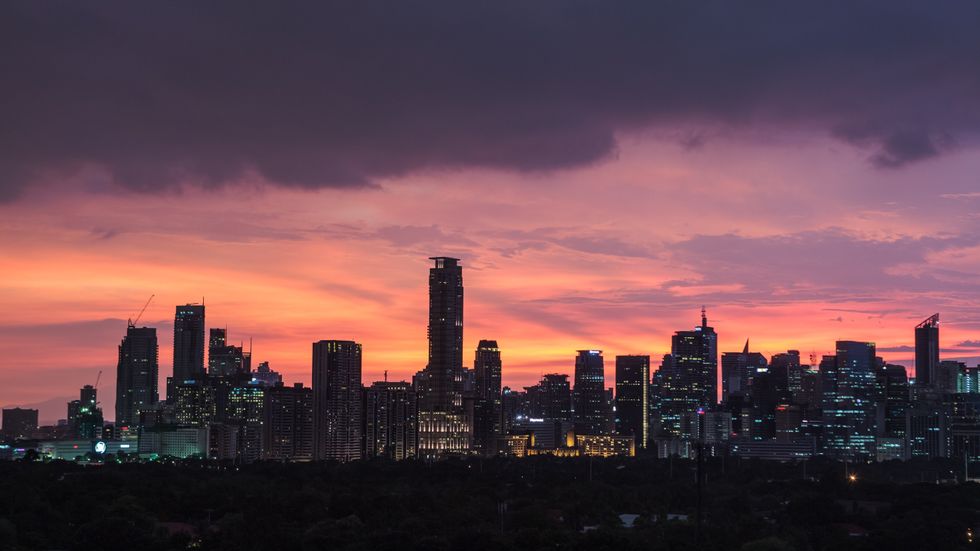I was only 23 months old when I moved to America with my parents, in search of the promise of a better life that many immigrants seek from the United States. It's safe to say that I have no recollection of my life before America, since I wasn't even two years old at the time. Nevertheless, I grew up knowing that I was from the Philippines--my parents definitely did not let me forget where we came from. We spoke a mixture of Tagalog and English at home, ate delicious Filipino dishes daily, and made frequent trips back to the Philippines to visit relatives during summer vacations. My parents would also tell me stories about great Filipino historical figures that my parents would tell me from time to time over a meal, and gush about all the places in the Philippines that they wanted me to see in person one day.
Consequently, being a Filipina was something I took great pride in when I was younger. Every time I saw, read, or heard anything referring to the Philippines, I would immediately take great interest in it, no matter how brief the reference was. In younger me's head, I was undeniably Filipina, and the boundaries set by country borders and oceans couldn't do a thing to make me doubt that.
As I grew older, though, I no longer felt like I could resonate with my identity as just a Filipina. The more I returned to the Philippines during summer vacation, the more I felt the distance between my cousins and I growing. I realized there were so many aspects of life in the Philippines that were foreign to me---whether it be seeing my cousins wear uniforms that corresponded to the school they attended with an ID card around their necks at all times or hearing sophisticated Tagalog words that I couldn't understand. I started to notice that living in America meant that I experienced a life that was way different from the life that I got to "borrow" when I visited my relatives in the Philippines.
For the first time in my life, I started feeling like an outsider in the country I considered my home. I began feeling like an impostor in my birth country, and it made me realize that I had a side of me that was also undeniably American. But I didn't feel like I could call myself an American yet---after all, I was still a Filipino citizen. I just happened to live in America.
Since then, every time I return to New York City after a summer in the Philippines feels more lonely than ever before. Not only do I have to leave behind my relatives, but it feels like I have to leave my "Filipino side" behind. Once I step foot into JFK International Airport, I have to snap back into the reality that consumes most of my life--one where I am not surrounded by fellow Filipinos as often (especially none my age), one where English takes over as my primary language, and one where it felt like I exist as more Filipino than American in the eyes of other people.
My identity as a Filipino-American is one I continue to grapple with today. I didn't even feel like I could consider myself Filipino-American until I acquired American citizenship from my parents, who were naturalized in 2017. But now that I'm in college, I've joined two Filipino-American student clubs where I feel like I'm in communities full of people who understand the identity crises that I've gone through. It was from them that I first learned about October being Filipino American History Month, and already I feel more well-equipped to navigate the grey area that is being a Filipino-American. After learning about US history in school for almost 14 years, I feel compelled to learn more about Filipino history, especially as it pertains to the Philippines' relationship with the United States and the history of the Filipino-Americans who came before me.
To my fellow Fil-Ams out there, if you've ever felt a struggle like this, just know that you are definitely not alone. <3
















